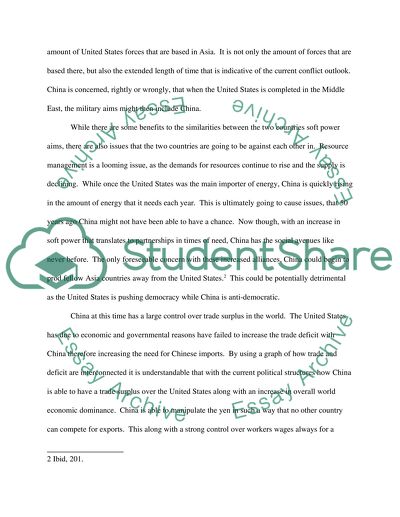Cite this document
(“The United States assuring national stability while maintaining an Admission/Application Essay”, n.d.)
Retrieved from https://studentshare.org/history/1393089-the-united-states-assuring-national-stability-while-maintaining-an-international-presence
Retrieved from https://studentshare.org/history/1393089-the-united-states-assuring-national-stability-while-maintaining-an-international-presence
(The United States Assuring National Stability While Maintaining an Admission/Application Essay)
https://studentshare.org/history/1393089-the-united-states-assuring-national-stability-while-maintaining-an-international-presence.
https://studentshare.org/history/1393089-the-united-states-assuring-national-stability-while-maintaining-an-international-presence.
“The United States Assuring National Stability While Maintaining an Admission/Application Essay”, n.d. https://studentshare.org/history/1393089-the-united-states-assuring-national-stability-while-maintaining-an-international-presence.


